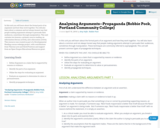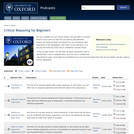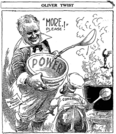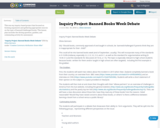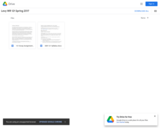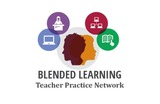In this unit, students will produce two major pieces of work. The first piece is an argument essay that grapples with one of the core questions of the unit: who are we, and who have we become because of the ways we connect? Students will read, annotate, and discuss several texts together as they consider the issues surrounding this question, and they will also research and annotate independently as they search for more evidence and perspectives to help deepen their ideas. They will also create a museum exhibit as part of a team. The exhibit project will help students identify what's worth preserving about their unique place in history.
PROJECT UNITS
This project unit continues to meet the English Language Arts standards as it also utilizes the learning principles established by the Partnership for 21st Century Skills. It is designed to support deep content knowledge and perseverance through long-term project planning and implementation. In addition, it will help students to recognize, develop, and apply the planning, teamwork, communication, and presentation skills they will use while presenting a final product to their class and/or the greater community. This real-world project-based activity will give students an opportunity to apply the skills they have been learning all year and will guide them to develop the motivation, knowledge, and skills they need in order to be college and career ready.
ACCOMPLISHMENTS
Students write an argument paper where they develop a claim about current culture as it has been influenced by digital connectivity.
Students participate in a group project to create a museum exhibit that captures a unique place, time, and relationship to technology. Students acknowledge the differing perspectives of each group member and use those perspectives to synthesize one cohesive visual argument together.
GUIDING QUESTIONS
These questions are a guide to stimulate thinking, discussion, and writing on the themes and ideas in the unit. For complete and thoughtful answers and for meaningful discussions, students must use evidence based on careful reading of the texts.
What does it mean to be digitally connected?
What are the implications of living in a world where everyone is digitally connected?
How does the availability of instant connectivity shape our relationships?
What does our Internet use reveal about people's needs as humans?
BENCHMARK ASSESSMENT: Cold Read
During this unit, on a day of your choosing, we recommend you administer a Cold Read to assess students’ reading comprehension. For this assessment, students read a text they have never seen before and then respond to multiple-choice and constructed-response questions. The assessment is not included in this course materials.
